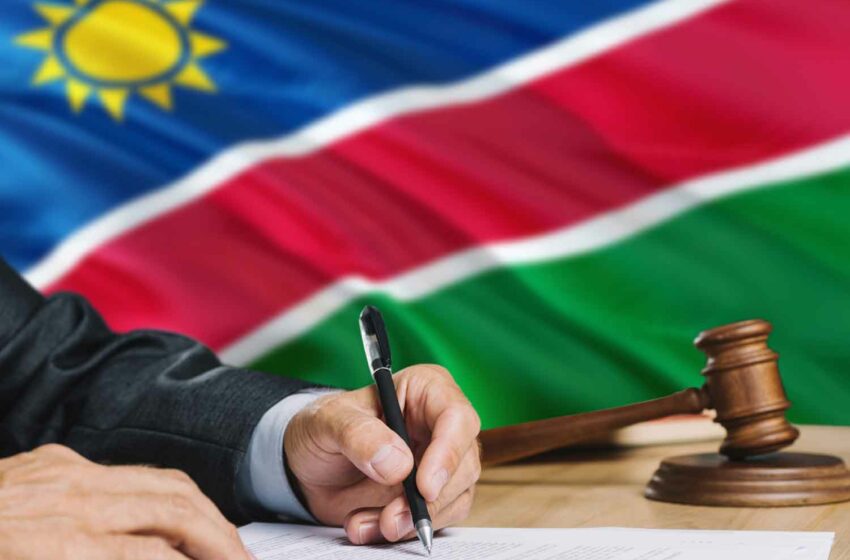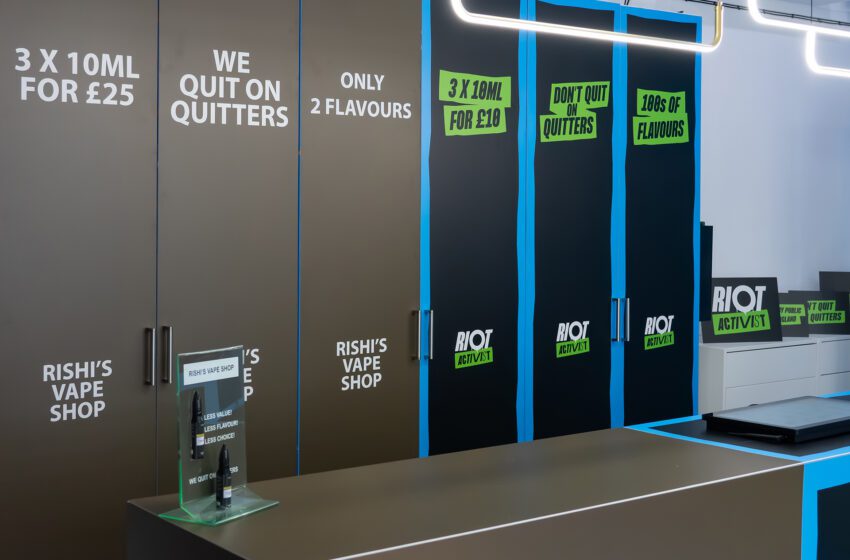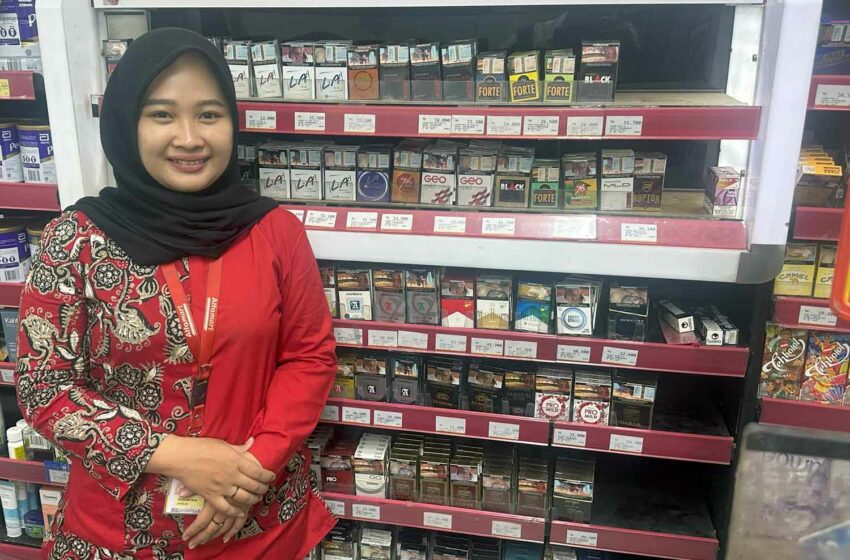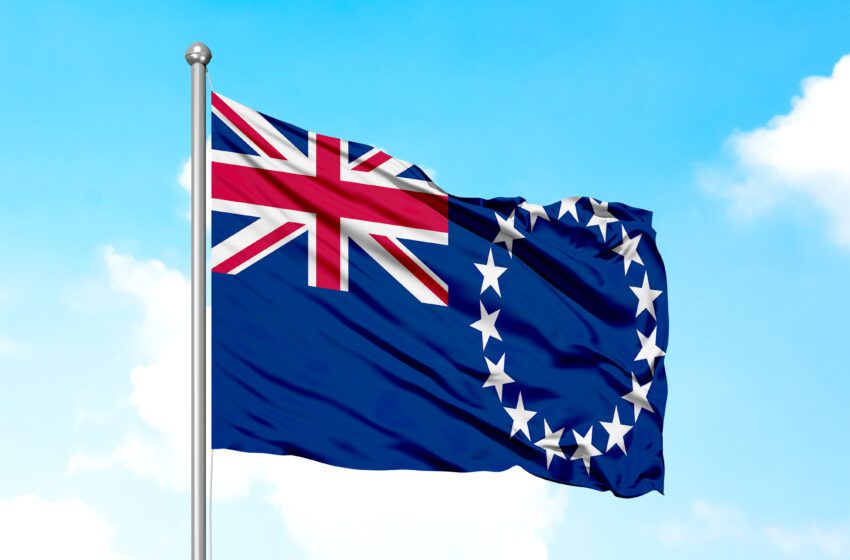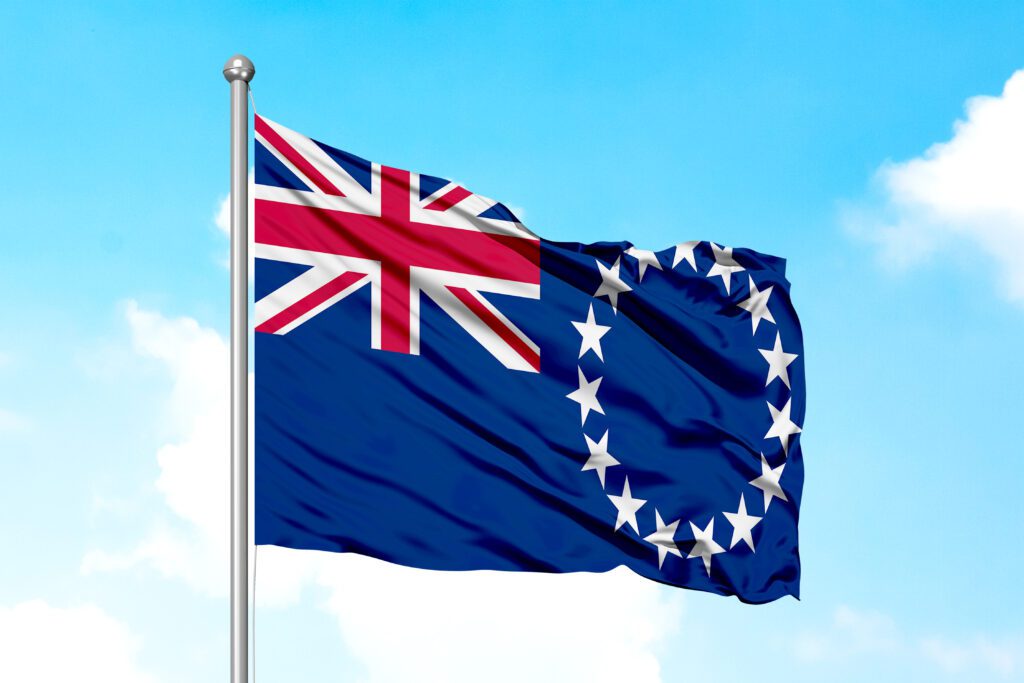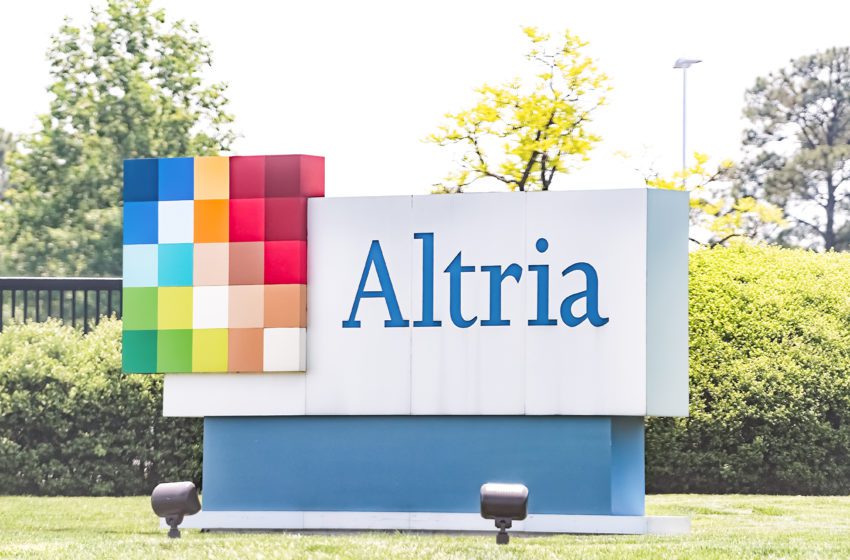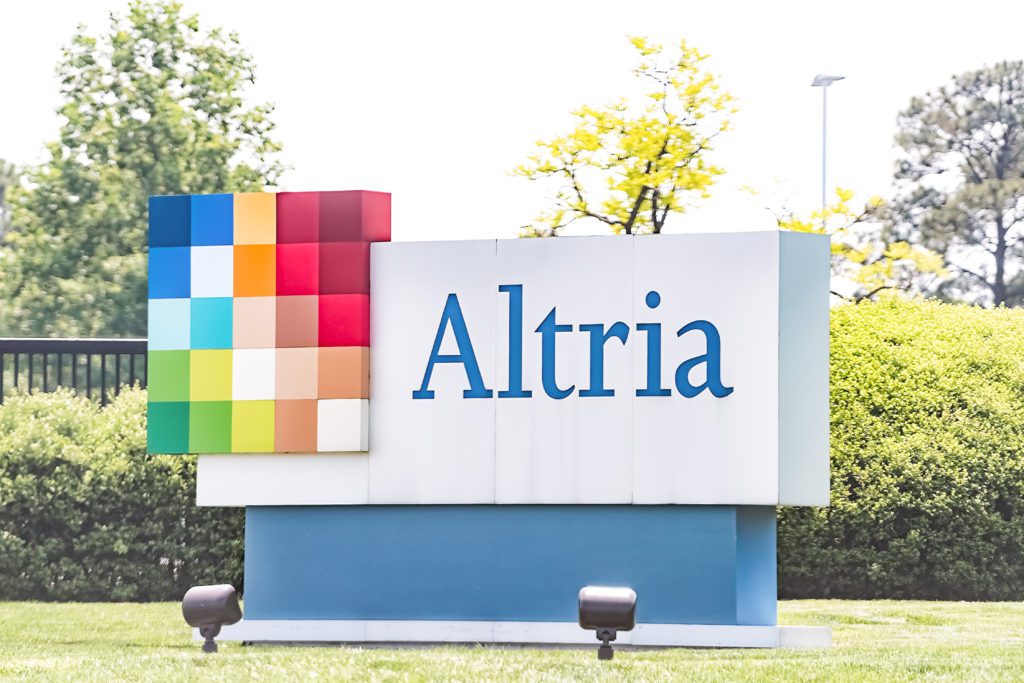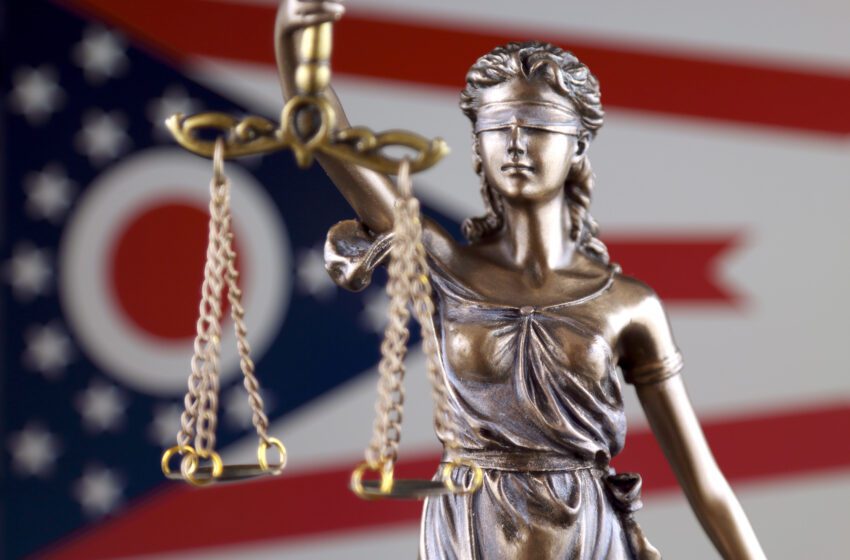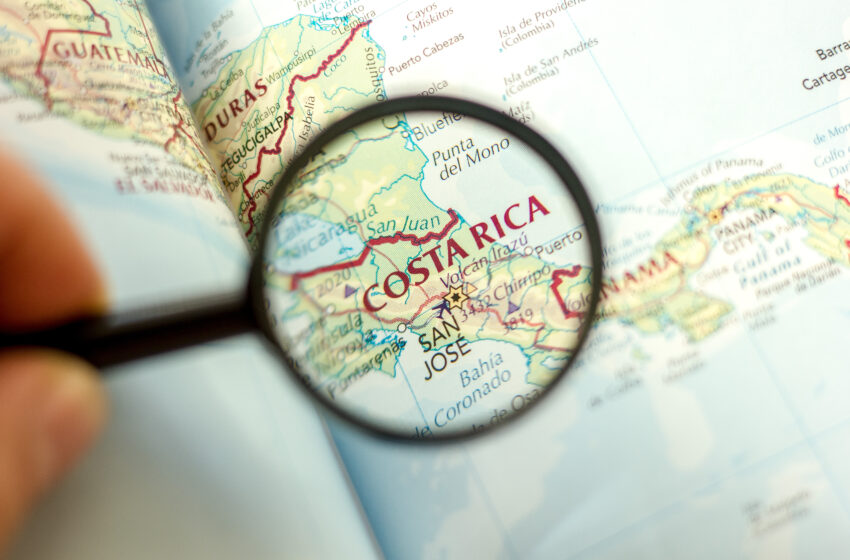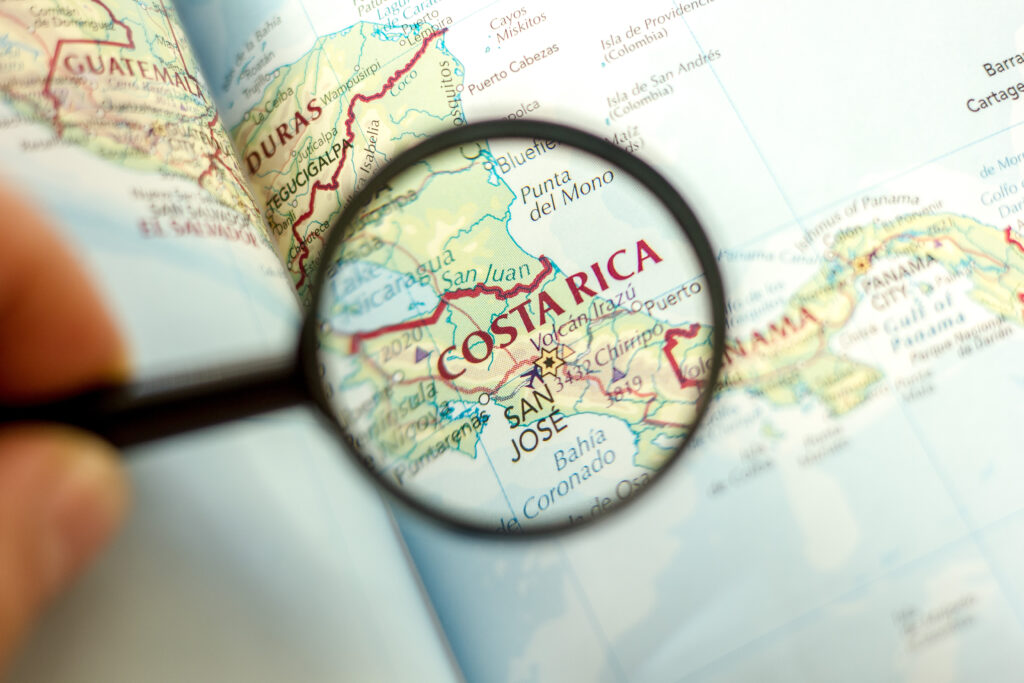
Namibia plans to regulate vapor products and water pipes, reports the Windhoek Observer.
The country’s Ministry of Health and Social Services wants to amend the Tobacco Act to include those products.
The goal is to curb the growing use of electronic cigarettes and water pipes across the country. The amendment will also facilitate the development of a comprehensive tobacco strategic plan scheduled for launch later this month.
Deputy Minister of Health and Social Services Ester Muinjangue stressed the urgency of regulating vaping products, despite existing legal frameworks to combat tobacco use in Namibia. “There is no safe form of tobacco smoke,” she said, rejecting suggestions that vaping and hookah smoking are safer alternatives to traditional cigarette smoking.
Muinjangue encouraged smokers seeking to quit their habit to utilize existing resources and seek support from health professionals.

